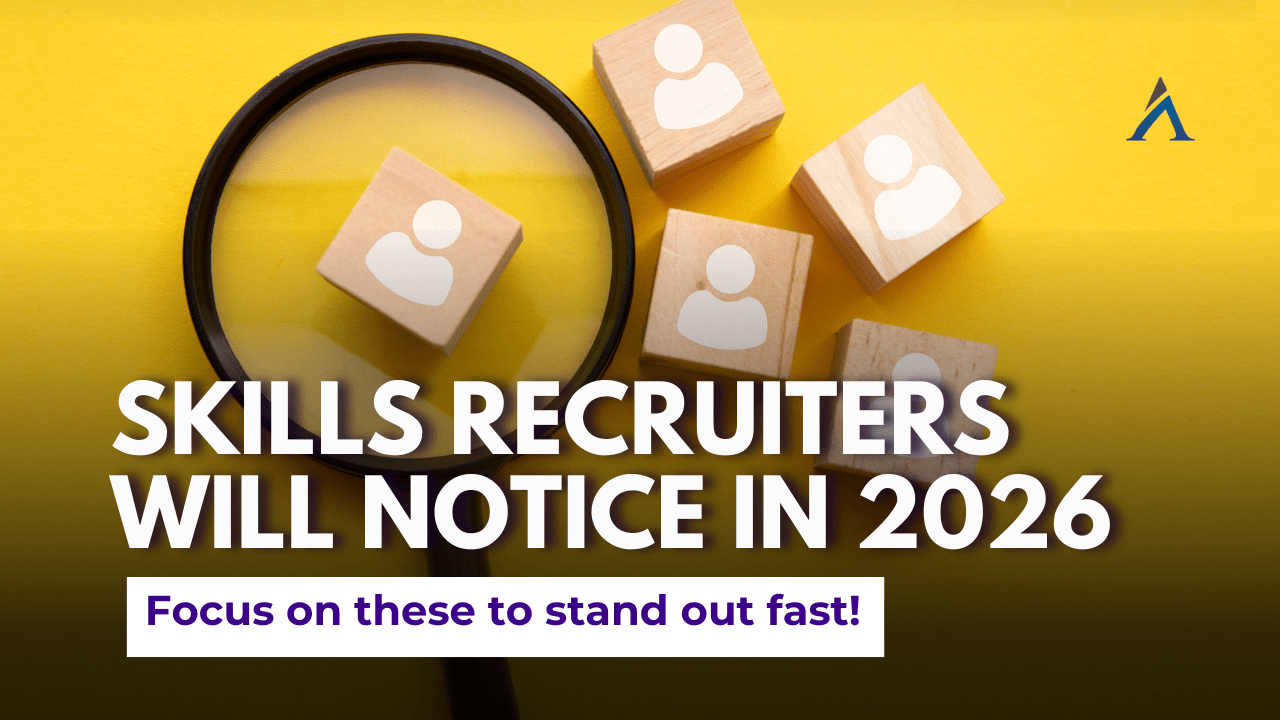Mastering the Subtle Communication Norms That Matter to Employers in Japan
In Japan, the job interview is more than just a question-and-answer session—it’s a reflection of cultural values. Two often-overlooked but powerful elements are silence and politeness. For executive-level candidates and job seekers aiming to stand out in Japan’s highly formal and respectful job market, understanding these subtle cues can make or break your chances.
At Ascent Global Partners, a trusted executive search firm in Japan, we coach candidates to present themselves in ways that align with local business expectations. Here’s why mastering silence and politeness matters—and how you can use these qualities to your advantage.
Why Silence Matters in Japanese Interviews
In Western cultures, silence may be seen as awkward or unprepared. In Japan, silence is often strategic and respectful.
1. Silence Signals Thoughtfulness
Interviewers in Japan value considered responses. Pausing before you speak shows you’re carefully thinking, not rushing to impress.
2. It Allows Hierarchy to Speak First
Respecting hierarchy is key. In panel interviews, waiting for the most senior person to finish or initiate the conversation is a sign of deference.
3. It Shows Control and Confidence
Staying composed—even in silence—reflects emotional intelligence and professionalism, traits highly valued in Japan’s executive and managerial roles.
The Power of Politeness in Japanese Interviews
Politeness in Japan goes far beyond saying “please” and “thank you.” It involves:
-
Using keigo (敬語) or respectful language
-
Bowing correctly at the start and end of the interview
-
Avoiding overly casual expressions
-
Being humble about achievements while still showing confidence
Tips:
-
Begin with a polite greeting: 「本日はお時間をいただきありがとうございます」(Thank you for your time today.)
-
Use soft tones and avoid interrupting.
-
Even if you’re confident, frame your strengths modestly: “I have had the opportunity to lead…” rather than “I’m the best at…”
Common Mistakes Foreign Candidates Make
-
Talking too much to fill the silence
-
Answering too quickly without thinking
-
Over-selling or appearing arrogant
-
Not observing non-verbal cues or body language
In Japan, non-verbal communication speaks volumes. Sitting upright, maintaining appropriate eye contact, and showing patience are all signals of respect.
What Executive Candidates Should Remember
For senior roles, politeness and silence aren’t just expected—they’re evaluated. Executive recruiters and hiring managers in Japan look for leaders who:
-
Can lead with humility
-
Understand Japanese business etiquette
-
Are culturally aware and emotionally intelligent
As an executive search firm deeply embedded in Japan’s hiring landscape, Ascent Global Partners helps candidates refine these soft skills to leave a strong and positive impression.
Final Thoughts: Confidence Through Cultural Awareness
In Japan, confidence doesn’t always look loud. It often looks quiet, respectful, and composed. By embracing silence and politeness, you’re not just following tradition—you’re showing that you understand the values of Japanese workplaces.
Need Help Preparing for Interviews in Japan?
Ascent Global Partners specializes in helping professionals—from mid-career to executive levels—navigate the nuances of Japan’s job market. Our coaching includes:
-
Cultural interview training
-
Resume and LinkedIn profile optimization
-
Executive search advice tailored for Japan
👉 Contact us today to learn how we can support your next career step in Japan.
Check out our website – ascentgp.com for tons of useful tips on career advice, resume tips, interview follow-ups, and a wide range of other topics. Plus, we’ve got articles and podcasts on career, leadership, and recruitment advice: ascentgp.com/blog.



